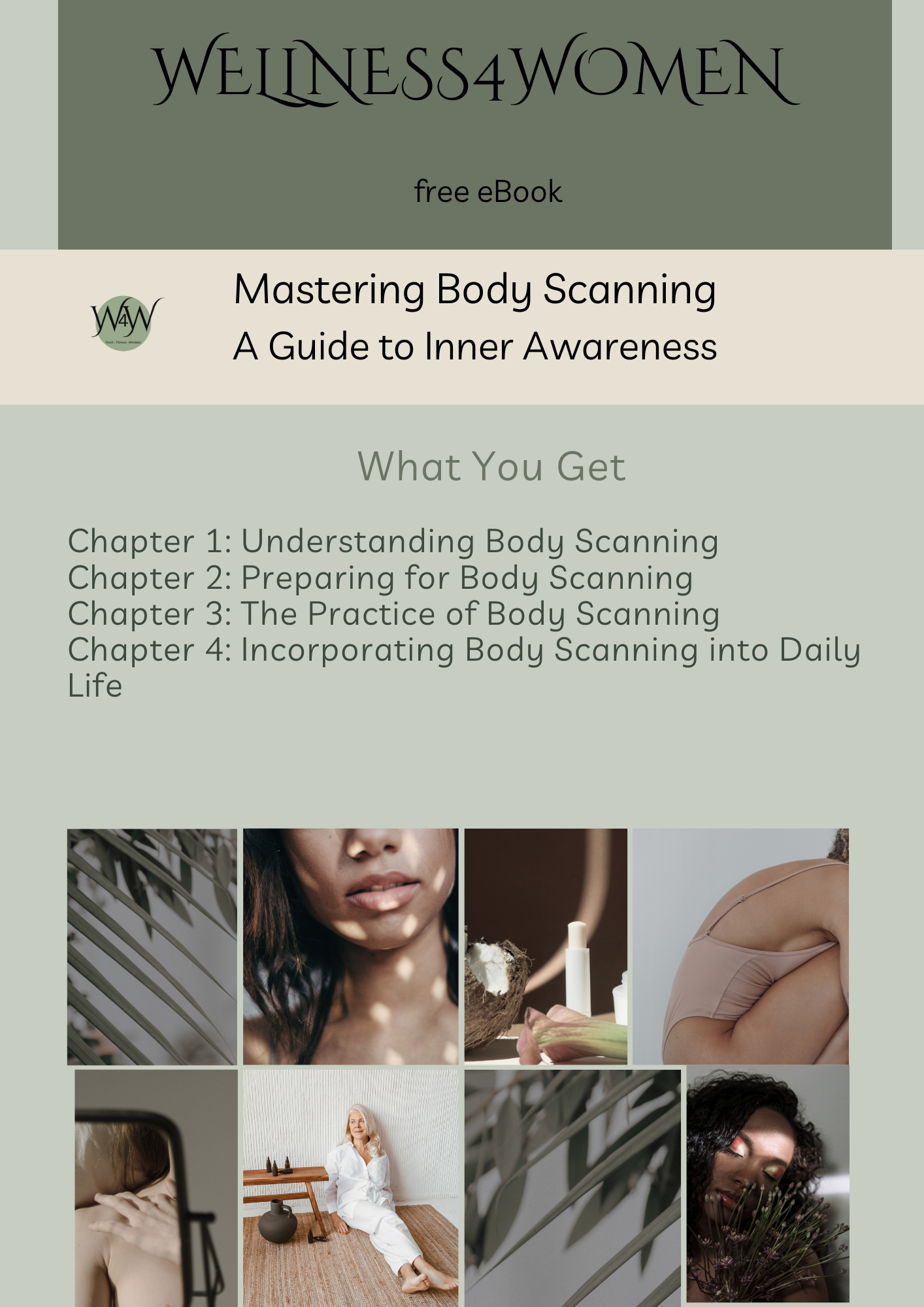Helping a Friend to Survive Domestic Violence

I am sure you’ve experienced your friends navigating through challenging times. Especially Domestic Violence, as it’s so common. Observing those close to you who are going through devastating events is emotionally painful and even frightening. Yet, you recognize that you’ve got to stay strong so you can be there for your friend. Sadly, domestic abuse is a common occurrence.
Perhaps in the past, one of your friends had an abusive partner. And maybe you didn’t know what to do to help. The following strategies will inform you how to help a survivor of domestic violence.
1. Acknowledge
to yourself what you’re feeling about Domestic violence. This must be your first step. Otherwise, your feelings, fear, disgust, or anger will leak out of you onto your friend who needs you. And you surely don’t want that to happen.
To quickly help your friend. You need to first recognise your feelings and resolve them within yourself before trying to help your friend.
2. Prepare yourself
that your friend who’s been abused might show physical signs of harm. Bruised eyes, face, or arms, cuts on the face, and possibly even broken bones or worse can result from a domestic violence incident.
Although she’s alive, walking, and talking. Remind yourself that your friend might have been greatly harmed. Also, remember that these physical signs will heal and hopefully not leave scars.
3. Ask questions
that empower your friend. When you ask simple questions, you help your friend rebuild her personal sense of empowerment. For example, when you first see her and walk toward her, ask, “Is it okay if I hug you?” She’ll likely say, “Yes.” You can then state, “I’m so relieved to see you.”
Ask her another empowering question: “Would you like to talk about it? If so, I’m ready to listen. If not, that’s okay, too.” Avoid asking probing questions.
Ask questions that give your friend choices and require her to say either that she wants to answer or she doesn’t. When you do, you’re helping her resume a position of power and choice in her own life.
4. Make yourself accessible.
Your friend may need clarification about where her life is heading. Let her know how to contact you quickly. Give her all your phone numbers and offer to let her stay with you for a few days if she doesn’t wish to be alone at night.
Use your judgment on these issues. Recognize whether she’s depending on you far too much. Or not getting better and more self-confident as time passes.
5. Suggest your friend
call a counsellor or domestic violence professional/advocate. If you see behaviours or signs in your friend that concern you, bring up the idea of getting some professional advice for her.
The best way is to use gentle honesty. For example, “I’m concerned about you. You are losing so much weight quickly and crying quite a bit. Have you considered talking to a counselor? It might help you heal emotionally. I’ll go with you the first time or two if you want me to.”
Suppose your friend needs to seek professional guidance immediately. Try to persuade her to agree that if she’s not better within 4 weeks, for example, she’ll seek help after that time passes.
6. Check in with your friend regularly.
It’s good for her to know you’re thinking about her and “have her back.” Send her texts, give quick cell phone calls, or even stop by after work to let her know you’re there for her. She’ll most likely appreciate it and acknowledge that fact to you.
Even though you might feel helpless, you can help and support a friend who’s a victim of domestic violence. Pray for her to receive grace and strength.
Look after yourself. Remember to examine your feelings first. And be prepared to see signs of abuse on your friend. Ask her empowering questions and be easily accessible.
Thank you for being a fantastic friend!
For more blogs like these, click –here
For videos on women’s health and wellbeing, click- here




FinTech ZoomUs You’re so awesome! I don’t believe I have read a single thing like that before. So great to find someone with some original thoughts on this topic. Really.. thank you for starting this up. This website is something that is needed on the internet, someone with a little originality!
Lois Sasson I like the efforts you have put in this, regards for all the great content.
Blue Techker I do not even understand how I ended up here, but I assumed this publish used to be great